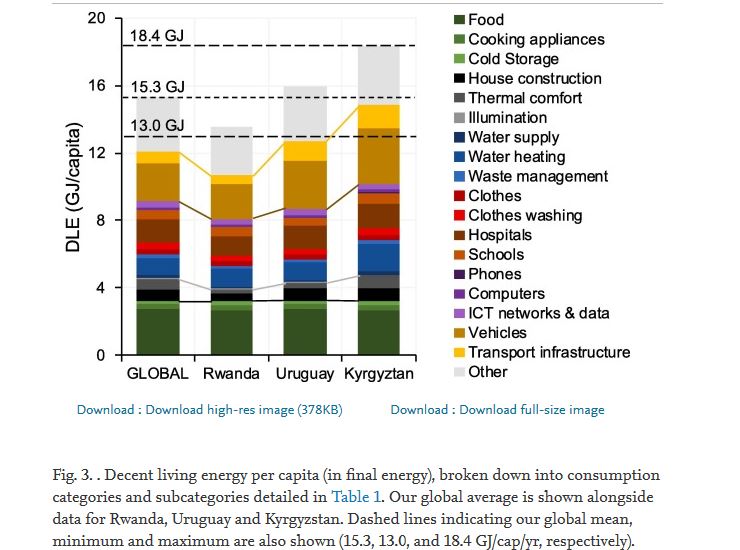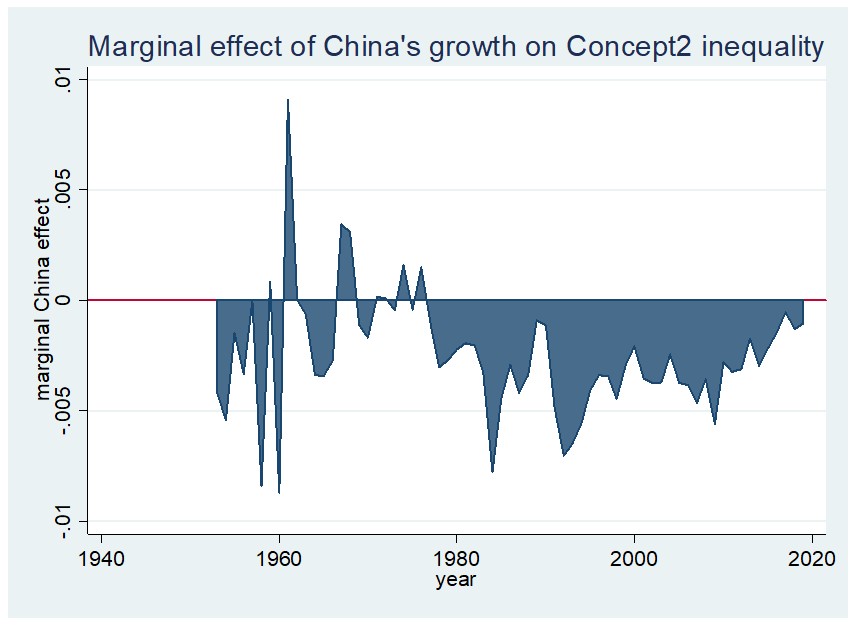
Expanding on Bukharin.
Bukharin is often credited with a quip that the Soviet Union has a two-party system too, one party is in power, another in jail.
I thought you could try to apply his quip to the current multi-party systems in many post-communist countries.
Bukharin is often credited with a quip that the Soviet Union has a two-party system too, one party is in power, another in jail.
I thought you could try to apply his quip to the current multi-party systems in many post-communist countries.
One could argue that in many there are only three parties:
-party of nationalists,
-party of pensioners, and
-party of the mafia.
The reason is that these are the three constituencies that really exist. The party system thus reflects well the body-politic.
-party of nationalists,
-party of pensioners, and
-party of the mafia.
The reason is that these are the three constituencies that really exist. The party system thus reflects well the body-politic.
Any kind of the left has ceased to exist. When you do not have the left, you do not have the right either, partly because the ideology of the right is shared by all relevant factions in society: disdain for workers & trade unions, celebration of wealth.
Pensioners form a distinct constituency because there are many of them (as the countries are "old") and they all share one clear objective: maximize pensions. So parties have to respond to that.
Finally, a very strong constituency is organized crime. It funds its own parties, and, it could be even argued, it is, in some cases, the govt itself. Organized crime is, by nature of things, fragmented, so different branches of organized crime might support different parties.
I think that this tripartite division of parties makes much more sense than any attempt to shoehorn the actually existing parties into the ideologies they do not care about.
• • •
Missing some Tweet in this thread? You can try to
force a refresh





